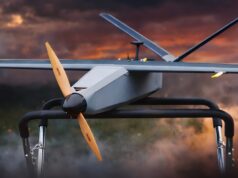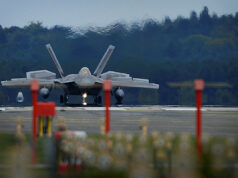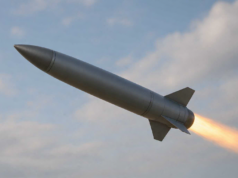The Ministry of Defence has said the Royal Air Force’s innovation programme Astra is central to efforts to meet recommendations in the Strategic Defence Review, which calls for a review of storage and other standards to remove unnecessary regulations, according to the department.
Answering a written question from Conservative MP Ben Obese-Jecty, Minister for Defence Readiness and Industry Luke Pollard referred to a previous statement by Defence Minister Lord Coaker in July, before adding new details on how Astra is helping to modernise internal processes.
Pollard stated that “Astra, established in 2020, is the Royal Air Force’s approach to grassroots innovation. It focuses on adopting and adapting technology to address challenges, questioning restrictive policies and processes, and incrementally improving practices to enhance operational effectiveness.”
He said that over the past two years, the programme had “delivered significant benefits, including saving approximately 250,000 workforce hours annually, while improving key areas such as aircraft availability, sustainability, and operational readiness.”
Astra’s work has included reforming maintenance procedures, accelerating parts delivery through digital tracking, and introducing automation and data tools to improve efficiency across RAF stations. According to the ministry, these efforts reflect the broader intent to review and streamline defence regulations that may impede innovation or operational agility.
Pollard added that “the Astra team, along with the rest of the RAF, remains fully committed to delivering Recommendation 48 of the Strategic Defence Review.”
The SDR 2025 set out a series of reforms aimed at modernising the UK’s armed forces and defence industrial base, including removing outdated bureaucratic barriers and aligning defence standards with new technology and operating models.
The RAF programme has previously been credited with advancing projects in predictive maintenance, energy reduction, and rapid-deployment logistics, areas closely linked to the review’s recommendations on efficiency and reform.














Is that like a KFC Multi Stacked Waffle Burger ?
Needs more Waffle.
Actually lets just get more Typhoons.
Less Waffle, more Warfare.
Is this news? Twenty more Typhoons, now that’s news.
For all the people saying we need new Typhoons, I heartily agree (how are we supposed to sell the buggers when our powers that be don’t want them) but we’re chucking them away.
F35 seems to be nowhere and we’re sitting around waiting for the US to get its act together. I think the only reason anyone is buying the F35 is because the viable alternative is Russian.
Even if the alternative RF product was credible engineering, there’s no prospect that anyone but BRICS members would buy them. India is more likely to buy more Rafale, once they learn how to fly them better so as not to be defeated by the CCP products.
More waffle and bs costing money and delivering nothing.
It was always the intention to spaff money on nothing.
The Defence Select Committee session with CDS on Strategic Defence Review is available online to inform you about the intent.
I’ve read it. Your point is?
The SDR source is explicit on the intent so you can be better informed…
You’re welcome.